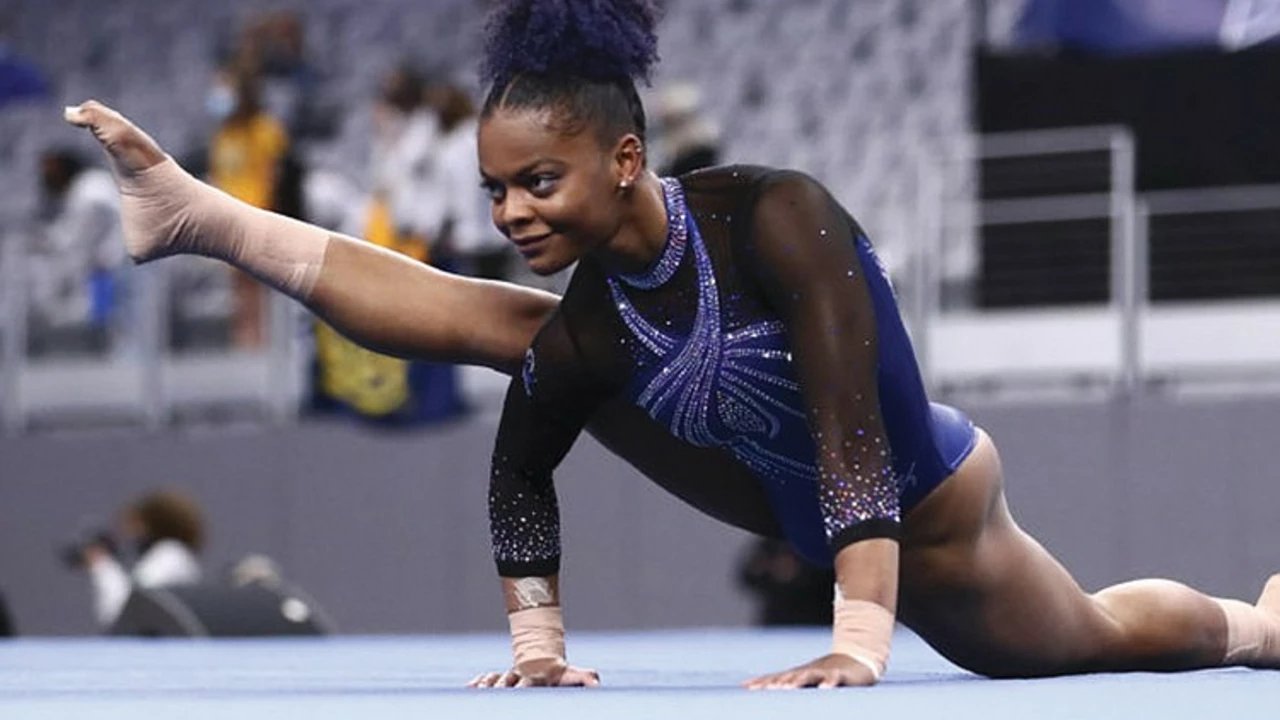Understanding the NCAA and the Role of Sports
Before delving into the specifics, it's important to understand what the NCAA is and the role sports play within this organization. The NCAA, or the National Collegiate Athletic Association, is a non-profit organization that regulates athletes from over 1,000 North American institutions and conferences. As an athlete, participating in NCAA sports is a significant commitment that extends beyond the playing field, impacting academic performance, social life, and personal growth. So what happens when you decide to quit?
The Initial Emotional Impact
Walking away from a sport you've dedicated so much time and energy to can be a challenging and emotional process. You might feel a sense of loss, as if a part of your identity has been stripped away. There might be feelings of relief, guilt, or even regret. It's important to remember that these emotions are normal and part of the transition process. It's crucial to acknowledge these feelings and seek support when needed.
Changes in Daily Routine
One of the most immediate changes you'll notice when you quit an NCAA sport is the shift in your daily routine. No longer will your days be structured around training sessions, games, and team meetings. You might find yourself with more free time than you're used to, which can be both liberating and overwhelming. It's essential to establish a new routine to maintain a sense of normalcy and purpose.
Academic Adjustments
As an NCAA athlete, your academic life is closely tied to your sports commitments. Upon quitting, you may find a significant shift in your academic performance. You might have more time for studying and classwork, which could potentially improve your grades. However, the pressure to perform acadically might also increase without the balancing act of sports.
Impact on Physical Health
There's no denying that NCAA athletes are in peak physical condition. When you quit, your body will go through changes. You may lose some of your athletic conditioning and muscle mass, especially if you don't maintain a regular exercise routine. However, quitting can also have positive physical health impacts, such as reduced risk of sports-related injuries.
Changes in Social Circles
Your social life as an NCAA athlete is often intertwined with your team. When you quit, these social dynamics can shift dramatically. You might feel disconnected from your teammates or find that you have to navigate new social situations without the common ground of your sport. However, quitting can also open up opportunities to make new friends and engage in different social activities.
Exploring New Interests
Quitting an NCAA sport can provide you with the opportunity to explore new interests and hobbies. With the newfound time and energy, you might find yourself drawn to activities you never had the time for before. This can be an exciting time of self-discovery and personal growth.
Support and Resources
Quitting an NCAA sport isn't an easy decision, nor is it an easy transition. It's important to know that there are support systems and resources available to you during this time. Whether it's seeking counselling services, joining student organizations, or connecting with mentors, there's a wealth of support to help you navigate this significant life change.
Embracing the Future
Quitting an NCAA sport can feel like the end of an era, but it's also the beginning of a new chapter in your life. While it may be a challenging transition, it can also be an opportunity for incredible growth and learning. Embrace the changes and the uncertainty, and remember that your worth extends far beyond the playing field.



